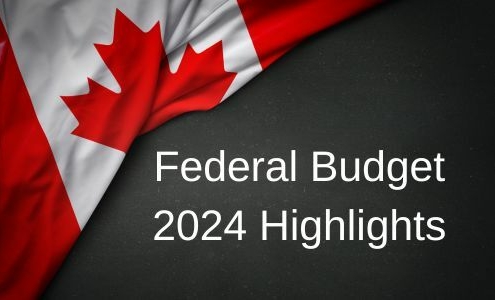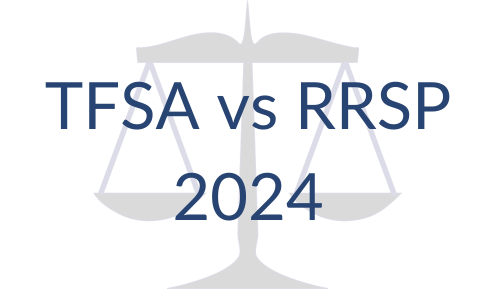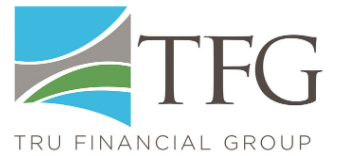
2024 Federal Budget Highlights
On April 16, 2024, Canada's Deputy Prime Minister and Finance Minister, Chrystia Freeland, presented the federal budget.
While there are no changes to federal personal or corporate tax rates, the budget introduces:
• An increase in the portion of capital gains subject to tax, rising from 50% to 66.67%, starting June 25, 2024. However, individual gains up to $250,000 annually will retain the 50% rate.
• The lifetime exemption limit for capital gains has been raised to $1.25 million. Additionally, a new one-third inclusion rate is set for up to $2 million in capital gains for entrepreneurs.
• The budget confirms the alternative minimum tax changes planned for January 1, 2024 but lessens their impact on charitable contributions.
• This year's budget emphasizes making housing more affordable. It provides incentives for building rental properties specifically designed for long-term tenants.
• Introduces new support measures to aid people buying their first homes.
• Costs for specific patents and tech equipment and software can now be written off immediately.
• Canada carbon rebate for small business

TFSA vs RRSP – 2024
When looking to save money in a tax-efficient manner, Tax-Free Savings Accounts (TFSA) and Registered Retirement Savings Plans (RRSP) can offer significant tax benefits. The main difference between the two is that TFSAs are ideal for short-term goals, such as saving for a down payment on a house or a vacation, as its growth is entirely tax-free, while RRSPs are more suitable for long-term goals such as retirement. When comparing deposit differences, TFSAs have a limit of $7,000 for the current year, while RRSPs have a limit of 18% of your pre-tax income from the previous year, with a maximum limit of $31,560. In terms of withdrawals, TFSAs have no conversion requirements and withdrawals are tax-free, while RRSPs must be converted to a Registered Retirement Income Fund (RRIF) at age 71 and withdrawals are taxed as income.

Estate Freeze
No business owner likes to think about handing over their business they've built from the ground up. But the fact of the matter is, you will have to do it eventually. Even more concerning, what if you were to become ill or incapacitated? Making a decision of this magnitude during trying times would not be ideal.
For the business owner, an estate freeze can be an integral part of your estate planning strategy. The purpose of an estate freeze is to lock-in (freeze) the value of the business, freeing the successor from the tax liability that may arise should the business' value increase.

Why Life Insurance Should Be Part Of Your Estate Planning
By working hard and carefully managing your money, you've set yourself up to be able to relax and enjoy yourself during your retirement years. You also need to think beyond your retirement years about what you want to do with your assets during estate planning.
In addition, you need to consider your estate planning's tax implications and how life insurance can help reduce the tax burden your heirs will face.
We'll tell you about:
• What kind of assets you can include in your estate.
• How life insurance can be used to cover tax liabilities.
• Other reasons you may want to have life insurance as part of your estate planning.

Estate Planning for Blended Families
Blended families – where two people get married but have children from previous relationships – are becoming more common. On top of the day-to-day challenges of blending a family, new spouses also have to figure out how to plan their estates, so everyone is properly taken care of.
We cover all of the following a blended family must consider while estate planning:
• Sharing the Family Home
• Make the Most of a Registered Retirement Savings Plan
• How to Share Non-Registered Investments and Other Assets
• Why It's Important to Select a Good Trustee
• The Advantages of Life Insurance for Blended Family Planning
